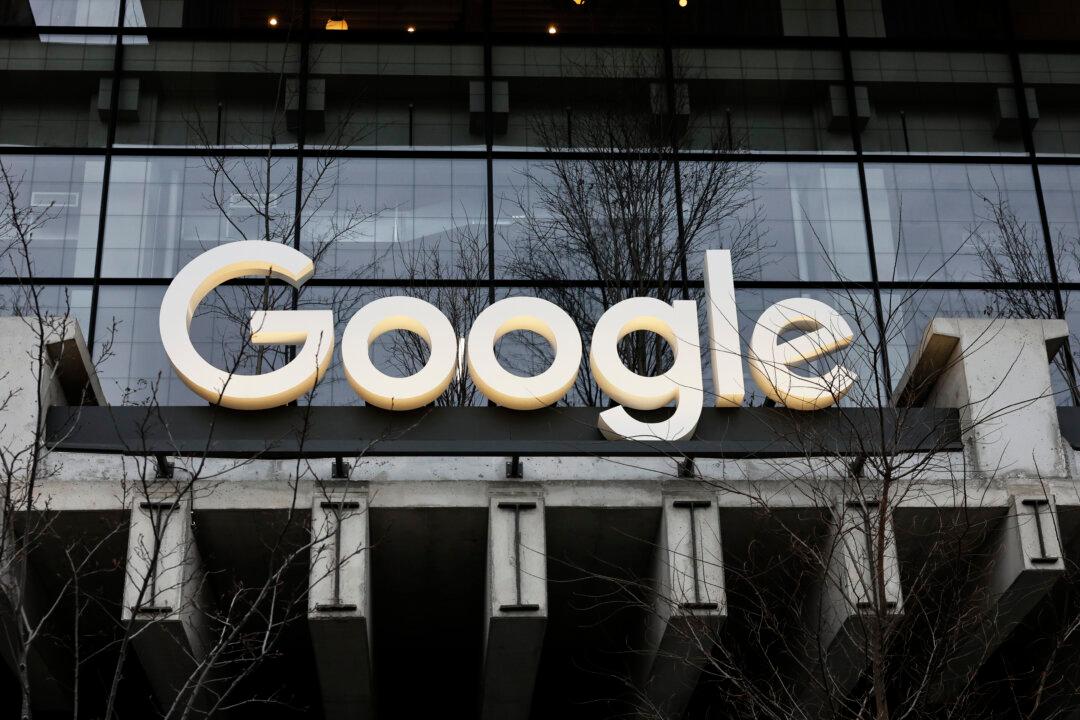Tech giant Google has agreed to settle with plaintiffs who alleged that the company invaded users’ privacy by tracking online activities even when they were using Chrome browser’s private incognito mode.
Five plaintiffs filed a class-action lawsuit in 2020. The lawsuit covered millions of users and sought $5 billion in damages, a minimum of $5,000 per affected person. The lawsuit alleged that Google misled users into believing that by using incognito mode while browsing the internet, the tech firm wasn’t tracking their activities through third-party cookies, which help track user activity.





